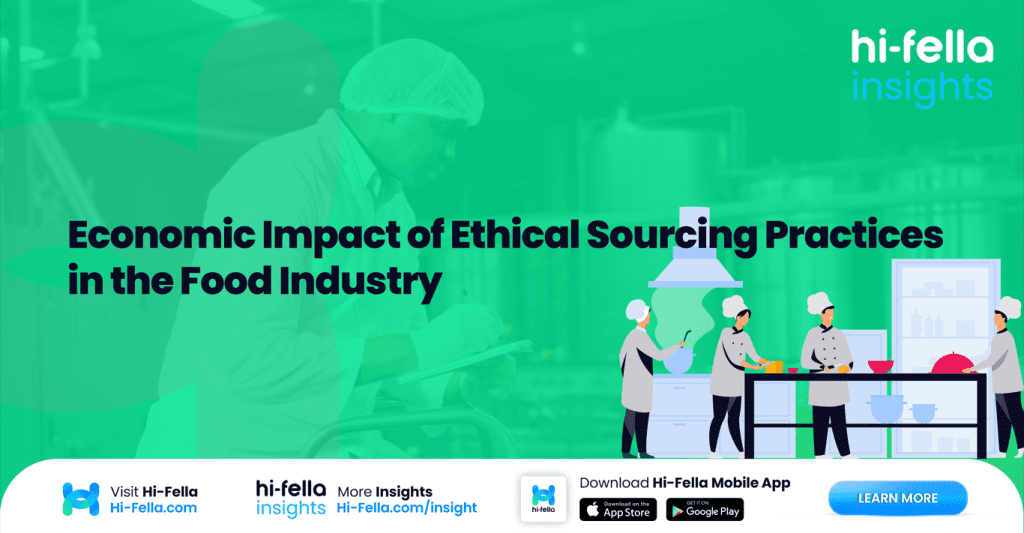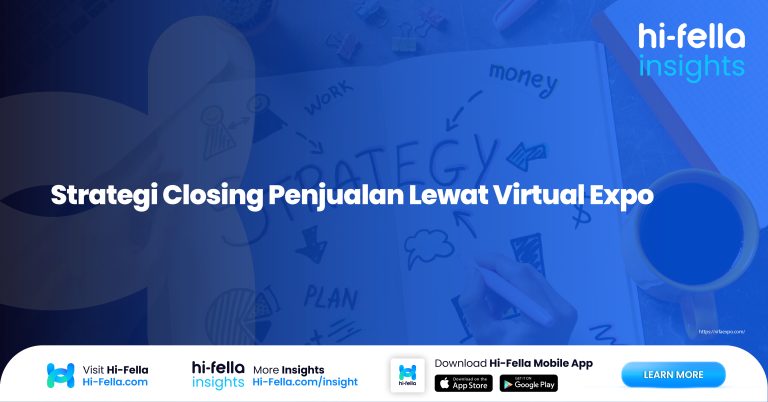Let’s be frank. For centuries, the food industry’s economic model was delightfully simple: find stuff, process stuff, sell stuff, preferably for more than you paid for said stuff. Ethics? Well, that was a lovely concept for philosophy departments and particularly earnest scout troops. In the cutthroat aisles of commerce, the bottom line was the only line that truly mattered. One could almost hear the faint, disembodied cackling of early industrialists whenever a particularly cheap ingredient was secured, regardless of how many tiny hands picked it or how much effluent joined the local river. Ah, simpler, albeit significantly grimier, times!
But then, something peculiar happened. Consumers, armed with smartphones and a sudden, inconvenient interest in where their dinner came from, started asking questions. Difficult questions. Questions about working conditions that weren’t Dickensian, about environmental practices that didn’t involve turning rainforests into parking lots, and about whether that “farm fresh” label was less a promise and more a creative writing exercise. Suddenly, the old, delightfully amoral model started looking less like shrewd business and more like a fast-track to public shaming, regulatory headaches, and a brand image less appealing than week-old roadkill.
Enter ethical sourcing, the unexpected guest at the economic feast, turning the tables (sometimes literally, if a protest got lively). And it turns out, this “doing good” thing, when applied with a soupçon of intelligence, is actually… well, genius for your balance sheet.
Deconstructing the Deliciously Profitable Ethics Puzzle: A Sub-Topic Smorgasbord
The Siren Song of the Conscious Consumer (a.k.a., People Will Pay More to Feel Less Guilty)
Behold the modern consumer! A creature burdened by awareness, scrolling through doomscrolling feeds, and suddenly feeling a pang of existential dread about their industrially-farmed chicken nugget. And lo, they are legion! This isn’t just a few Birkenstock-wearing idealists anymore; it’s your neighbours, your boss, potentially even that surprisingly well-adjusted teenager down the street.
They’ve discovered that feeling good about their purchases is a powerful, almost addictive sensation. And companies, in their infinite wisdom (or perhaps just following the money), have realised that facilitating this feeling is incredibly lucrative. By ethically sourcing – ensuring fair wages, sustainable practices, happy cows (within reason) – brands can tap into this market. It’s like finding a hidden revenue stream paved with good intentions, where the currency is both cold hard cash and warm fuzzy feelings. You can charge a premium because you’re not just selling a product; you’re selling a tiny slice of redemption. And let’s be honest, in this day and age, that’s priceless (or at least, worth an extra dollar or two on a bag of coffee).
Dodging Bullets (Legal, Reputational, and Occasionally Projectile Veggies)
Remember those simpler times mentioned earlier? Turns out, exploiting people and planet has consequences beyond a slightly-too-green river. We’re talking lawsuits that could cripple a small nation’s GDP, boycotts that make your quarterly reports look like a horror novel, and reputational damage so severe you’d consider changing your company name to “Definitely Not Evil Corp.” Ethical sourcing acts as a rather sophisticated, albeit slightly more expensive, shield against this onslaught of unpleasantness.
By ensuring fair labour, environmental compliance, and transparency, you’re not just being a good global citizen; you’re meticulously dismantling potential crises before they explode in a blaze of negative headlines and plummeting stock prices. Think of it as pre-emptive damage control, but instead of hiring a PR firm after a scandal, you’re just… not causing the scandal in the first place. Genius, right?
The Zen of Efficient Supply Chains (Who Knew Not Being Terrible Was Productive?)
Here’s a shocker: people who are treated fairly, paid decent wages, and work in safe conditions tend to be more… productive. Revolutionary, I know. Ethical sourcing principles that filter down to the farm or factory level can lead to happier, healthier workers who are less likely to stage a walkout, less prone to “mysteriously” breaking the machinery, and more invested in the quality of what they produce.
This translates to fewer disruptions, higher quality ingredients, and a more reliable flow of goods. Add in sustainable practices that reduce waste, conserve resources, and optimise processes, and you’re looking at a supply chain that’s not just ethical, but also elegantly efficient. It’s like finding out that your moral compass also doubles as a high-powered, cost-saving navigation system.
The Investment Formerly Known as “Just Being Nice”
Now, let’s address the elephant in the room, or perhaps the slightly-more-expensive free-range chicken. Yes, ethical sourcing often involves higher upfront costs. Certifications cost money. Paying people a living wage costs money. Implementing sustainable farming techniques can require investment. For the purely profit-driven mind of yesteryear, this was a non-starter.
But for the enlightened, smart-yet-genius business of today, it’s an investment. You’re investing in brand equity, in supply chain resilience, in risk avoidance, and in future-proofing your business against a rapidly changing consumer and regulatory landscape. It’s like buying a really good, expensive lock for your priceless vault of profitability. The initial outlay is noticeable, but the security it provides is, in the long run, invaluable. Plus, you get to sleep better at night, which, while not directly reportable on a balance sheet, is arguably a form of economic benefit (reduced stress-related healthcare costs, anyone?).
The economic impact of ethical sourcing in the food industry is far from a fluffy, feel-good footnote. It’s a hard-nosed, strategically brilliant approach that aligns profitability with responsibility. It turns out that treating people and the planet with respect isn’t just morally sound; it’s rapidly becoming the smartest way to do business. So go forth, source ethically, and watch as your bottom line fattens on the fruits (and vegetables, and grains, and humanely-raised proteins) of your newfound, economically genius virtue.
Turning Ethics into Economic Advantage
Ethical sourcing is no longer a feel-good initiative—it’s a strategic pillar that drives brand trust, consumer loyalty, and long-term profitability in the global food industry. As buyers and regulators place increasing value on transparency, sustainability, and fair labour practices, companies that integrate ethical sourcing into their supply chains are not just doing good—they’re building resilient, future-ready business models.
To support this shift, hi-fella offers a powerful solution. As a global export-import platform and online exhibition space, hi-fella connects ethical food suppliers with responsible buyers, helping both parties form partnerships grounded in shared values and real market opportunity. If you’re ready to showcase your ethically sourced products and reach conscious buyers worldwide, hi-fella is your gateway to meaningful growth.








